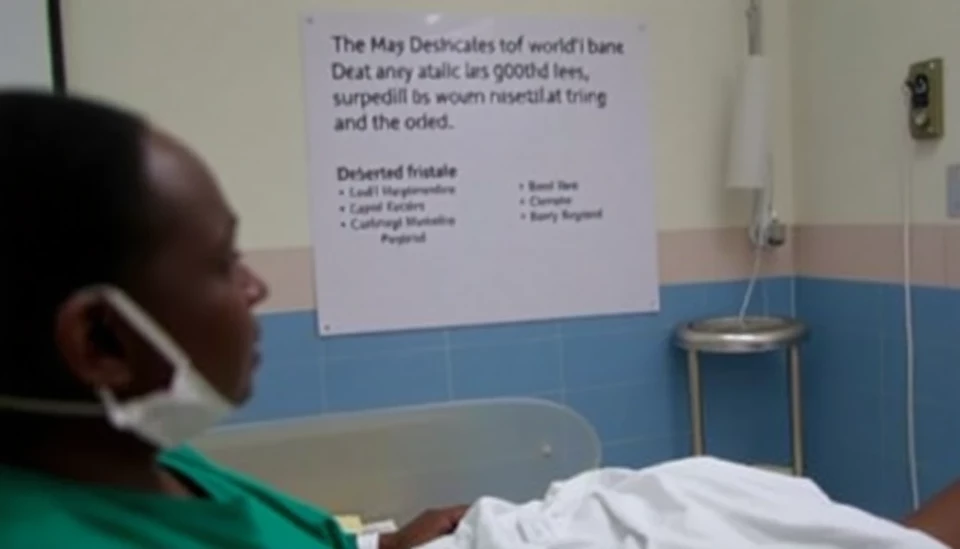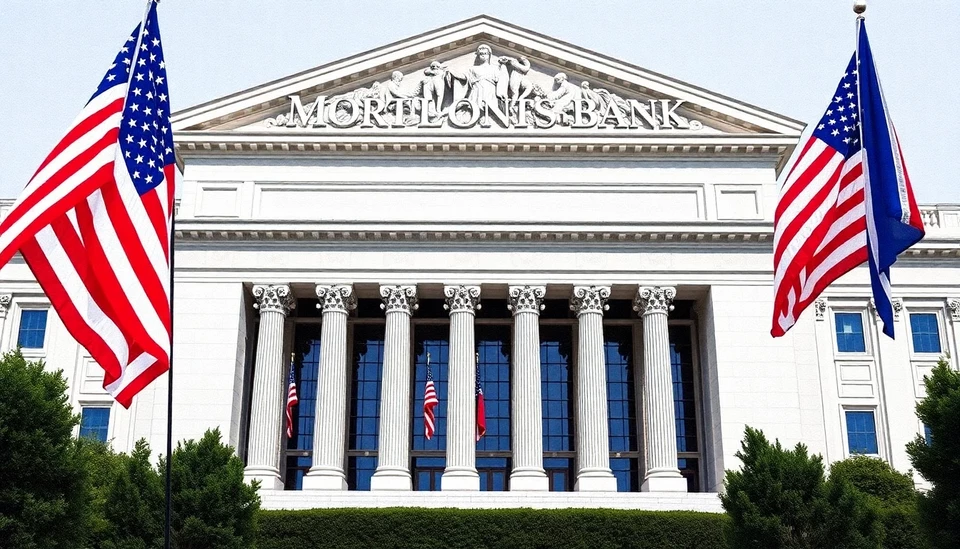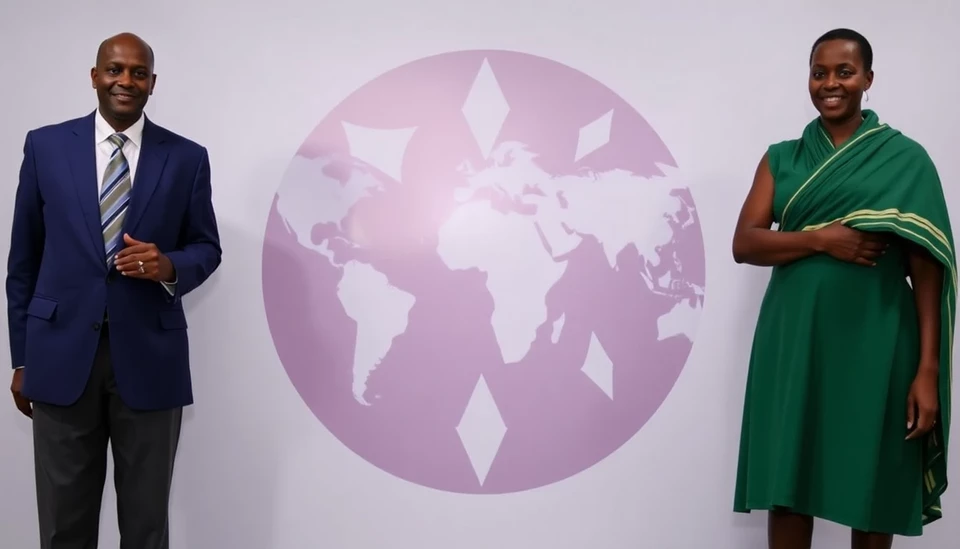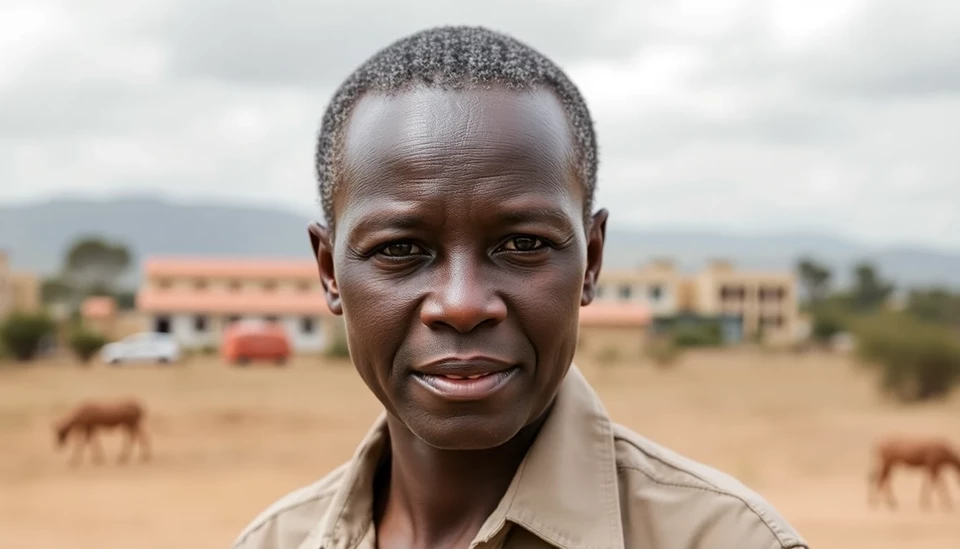
In a startling revelation, an investigation has uncovered serious allegations against hospitals funded by the World Bank in various African and Asian nations. Several facilities, allegedly supported by World Bank financing, are reportedly detaining patients without appropriate legal justification and denying access to necessary medical care. These disturbing practices raise significant ethical concerns regarding international funding in healthcare systems, particularly in developing regions.
The hospitals in question have been accused of holding patients against their will under questionable circumstances, sometimes linked to financial disputes where patients cannot pay their medical bills. Individuals have reported being confined in hospital wards for prolonged periods; in some cases, they were forced to seek financial assistance from family members or even local charities to secure their release. The testimonies depict a distressing picture of individuals trapped in a system that should prioritize their health and well-being.
One particularly harrowing account detailed a woman detained in a Ugandan hospital for failing to pay a medical bill of about $350. Despite her desperate pleas for release, she was held for weeks, ultimately contributing to her deteriorating health. Similar narratives have emerged from various regions where these World Bank-supported hospitals are located, pointing to a troubling trend that impacts the vulnerable populations they are meant to serve.
This situation has sparked outrage and concern among human rights advocates and healthcare professionals. Critics argue that the World Bank, as a major benefactor of these institutions, must be held accountable for ensuring that its resources contribute to an ethical healthcare framework. The conversation around accountability emphasizes the need for strict oversight on how funds are used, advocating for reforms that prioritize patient rights and humane treatment in hospitals across these impoverished regions.
In response to the allegations, representatives from the World Bank have stated their commitment to ensuring that healthcare initiatives align with ethical standards and emphasize respect for human rights. However, the effectiveness of monitoring and enforcement remains in question. The ongoing scrutiny of these practices becomes increasingly critical as the international community grapples with the role of financial institutions in fostering responsible healthcare policies.
This troubling situation serves as a reminder of the inherent complexities involved in providing healthcare in under-resourced areas. It challenges the notion of aid and development through a lens that is not only economic but also deeply tied to human dignity and rights. The implications of this investigation extend far beyond individual stories, illuminating the broader systemic issues that affect countless people in similar circumstances across the globe.
As the conversation evolves, stakeholders from governments, NGOs, and international organizations must collaborate to ensure real change. Stricter guidelines and frameworks should be established to prevent such practices and promote a health system that prioritizes access and quality of care, free from coercive measures that undermine trust and well-being.
These emerging issues present a formidable challenge to the World Bank and other institutions involved in global healthcare funding. Ensuring that hospitals serve their intended purpose of healing rather than holding individuals captive is critical for the future of equitable healthcare worldwide.
In conclusion, this investigation sheds light on a pressing issue within the global healthcare landscape, emphasizing the need for immediate action to protect the rights of patients while holding organizations accountable for their actions and funding practices.
#WorldBank #Healthcare #PatientRights #GlobalHealth #HumanRights #Africa #Asia #MedicalEthics
Author: John Harris




